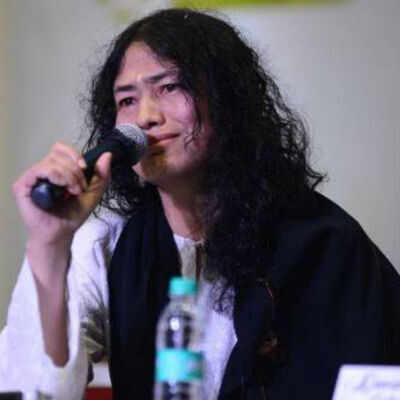This story is from January 30, 2017
Irom Sharmila

- Often called the Iron lady of
Manipur ,Irom Sharmila is known across the world as a symbol of Manipur’s protest against the Armed Forces Special Powers Act (AFSPA). Her campaign, described as the world's longest hunger strike, had led to her being detained, and forced fed through a tube in her nose for over a decade. - On 2 November 2000, in Malom, a town in the
Imphal Valley of Manipur , ten civilians were allegedly shot and killed by the Assam Rifles while waiting at a bus stop. The incident later came to be known as the “Malom Massacre”. - When the massacre happened, she was a volunteer at Human Rights Alert, helping victims of violence, compiling cases and taking part in protests and peace marches.
- “I was at a preparatory meeting for a peace rally when I first heard of the incident,’’ she says. It was a Thursday. Like many Hindu Manipuri women, she would fast on Thursdays. The news of the brutal killing left her shaken and she never broke her fast for the next 16 years; she was 28-years-old when she began the fast.
- At first, she vowed not to eat until the repeal of AFSPA, but years of futile struggle have driven her to try a different route. On the day she broke her fast, she said she wanted to topple Manipur’s incumbent chief minister, Okram Ibobi Singh, whom she accuses of presiding over years of insurgency and corruption.
- Sharmila is charged with attempted suicide, and was granted bail after she announced her intention to break her hunger strike. The end of her hunger strike coincided with the 70th anniversary of the Quit India movement.
- Sharmila is an author and poet in her native Meiteilon language. Among her literary works is ‘Fragrance of Peace’ – a collection of 12 poems of “passion, protest and hope” that she wrote before starting the marathon fast.
- She was awarded the Gwangju Prize for Human Rights in 2007, a lifetime achievement award from the Asian Human Rights Commission and the Rabindranath Tagore Peace Prize, both in 2010, while Amnesty International declared her a Prisoner of Conscience in 2013.
End of Article
FOLLOW US ON SOCIAL MEDIA
